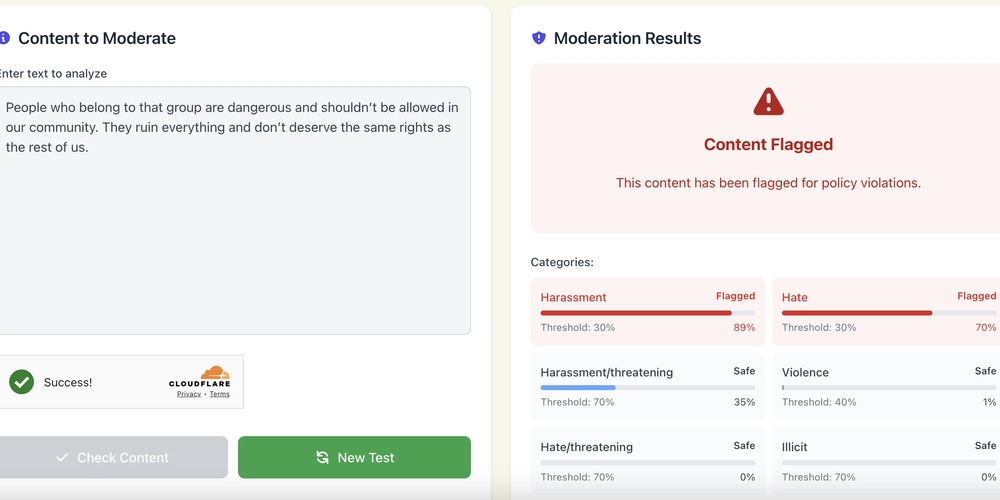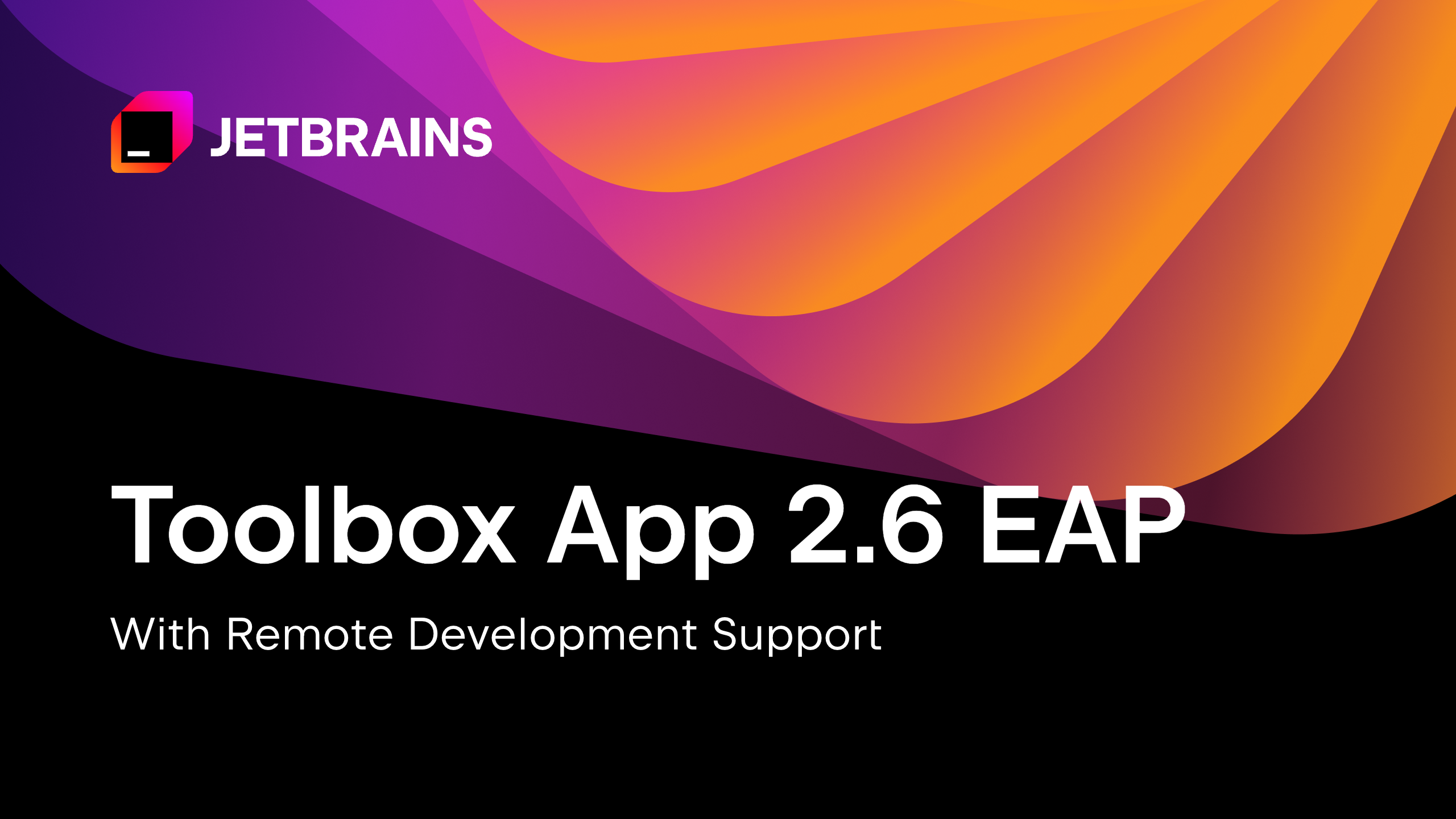Smarter Kotlin Development With JetBrains AI: Junie and AI Assistant in Your IDE
JetBrains AI is now a lot more useful for Kotlin developers. With the public release of Junie and a major update to AI Assistant, two powerful AI tools are now deeply integrated with JetBrains IDEs – and ready to help you move faster with less overhead. Whether you’re starting a new feature or cleaning up […]

JetBrains AI is now a lot more useful for Kotlin developers. With the public release of Junie and a major update to AI Assistant, two powerful AI tools are now deeply integrated with JetBrains IDEs – and ready to help you move faster with less overhead.
Whether you’re starting a new feature or cleaning up existing code, these tools are built to provide support where you already work.
Junie: The coding agent that speaks Kotlin
Imagine that you need to start a project from scratch or add a new module or feature to an existing project, or maybe you need to perform a small and repetitive – yet still significant – task.
Junie can help you in all of these scenarios!
It doesn’t just autocomplete lines or chat about your code – Junie can actually take on whole tasks. Just describe what you want to achieve in plain language, and Junie will write the code, iterate on it, and handle any follow-ups. You stay in control, but Junie takes care of the repetitive work!
What you can do with Junie
Junie can handle a wide range of Kotlin development tasks. Whether you’re working with server-side Kotlin, Ktor, KMP, or Android, you can rely on Junie for practical help with common tasks like:
- Starting a new project from scratch.
- Prototyping.
- Implementing entire modules based on descriptions.
- End-to-end feature development.
- Integrating third-party services.
- Setting up CI/CD pipelines.
- Generating basic UIs from specifications.
You can also customize how Junie works by adding a .junie/guidelines. file to your project. There, you can define project-specific rules – like what database to use or how tests should be structured – and Junie will take that into account when generating code.
md


































































![Apple Watch Series 10 Back On Sale for $299! [Lowest Price Ever]](https://www.iclarified.com/images/news/96657/96657/96657-640.jpg)
![Apple Slips to Fifth in China's Smartphone Market with 9% Decline [Report]](https://www.iclarified.com/images/news/97065/97065/97065-640.jpg)
![EU Postpones Apple App Store Fines Amid Tariff Negotiations [Report]](https://www.iclarified.com/images/news/97068/97068/97068-640.jpg)












![What’s new in Android’s April 2025 Google System Updates [U: 4/18]](https://i0.wp.com/9to5google.com/wp-content/uploads/sites/4/2025/01/google-play-services-3.jpg?resize=1200%2C628&quality=82&strip=all&ssl=1)





























































































_Andreas_Prott_Alamy.jpg?width=1280&auto=webp&quality=80&disable=upscale#)






















































































![[The AI Show Episode 144]: ChatGPT’s New Memory, Shopify CEO’s Leaked “AI First” Memo, Google Cloud Next Releases, o3 and o4-mini Coming Soon & Llama 4’s Rocky Launch](https://www.marketingaiinstitute.com/hubfs/ep%20144%20cover.png)







































































































































































































































